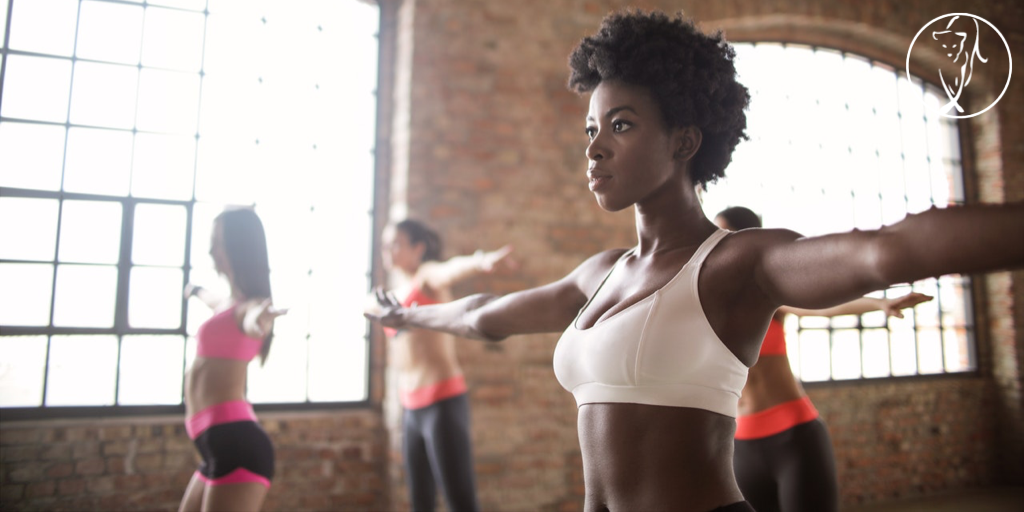by Dr Ashika Pillay
It’s a well-known fact that exercise changes the body and improves physical health. It makes us look better, and when we look better, we feel better. You may have also heard of “runners high” the common understanding that the body releases natural “feel good” endorphins after a run or workout. However, what do we know about its impact on the brain, on performance, mood, and focus? Is there even such a thing?
Until recently, not much was known about how exactly exercise impacts the brain. Recent research and studies however is revealing more information about how exercise physically and chemically can change the brain. Not only can it increase new brain cells, but also very importantly increase the bonding between those cells, enhancing learning and memory.
Learning depends on creating new connections between neurons and strengthening the connections between them. Exercise helps the brain learn and increases the rate of learning by increasing a factor in the brain called BDNF - also dubbed fertilizer for the brain which actually improves and increases the connections required for learning. It improves mood, impulsivity, anxiety, and aggressiveness through increasing serotonin, and also increases focus, attention, and motivation through norepinephrine, and through the “feel good” hormone of dopamine. Essentially you shake up a neurochemical cocktail of norepinephrine, dopamine, and serotonin after exercise, as detailed in Spark, a book by John Ratey.
The physical benefits of exercise are well accepted and researched. It includes increases muscle size, decreases body fact, and improves physical strength, and weight loss. It can change body metabolism and can impact insulin resistance, while also improving cardiovascular and respiratory health, reducing blood pressure. Practices like Yoga and Pilates improves flexibility and relaxation. The quality of sleep can change to that which is healing, nourishing, and restorative.
Before starting
You can assess your readiness to start an exercise program using a questionnaire here: https://www.fgcu.edu/mariebcollege/rehabilitationsciences/exercisescience/files/EIM-PAR-Q1-ada.pdf
Consult with your doctor if you have any concerns and risk factors that may need to be specifically advised on.
In general, though, there are very few contraindications for starting and exercise is really good for you, in so many ways, as you have seen above.
So, what’s the dose?
The SA heart foundation recommendations are as follows
Aim for a minimum of 150 minutes of moderate aerobic activity per week, which can be spread over the week however you like. E.g. 30 minutes 5 days per week.
OR
• At least 75 minutes of vigorous aerobic activity per week e.g. 25 minutes 3 days per week
AND
• Muscle-strengthening activity at least 2 or more days per week for additional health benefits.
Practical tips and ideas
Find something you enjoy e.g. I love dancing and have decided to add an online Zumba classes into my mix
Try to connect exercise with nature - walking or jogging
Make it a “connection” space such as cycling with friends and family, walking in a group. Remember social distancing and masks!!
Add something that needs “coordination” like tennis or squash - there are even further brain benefits for this
Start slowly and set realistic expectations. View this as a change in lifestyle rather than a chore.
Make sure you stay safe, wear the right gear and are comfortable.
So, would you like a pill that can help your mood, energy, attention, focus, while making you look and feel great. It’s here, it’s free, its available. Try it. It really can be medicine.
As Hippocrates said, “If you are in a bad mood, go for a walk. If you are still in a bad mood, go for another walk”.
Dr Ashika Pillay is a medical doctor, executive coach and wellbeing and mindfulness teacher. She is a mum of three boys and wife to Thiru Pillay. She believes that the nexus of all her skills is here - to create a space for personal wellbeing, and leadership by living wholeheartedly into our lives, and finding the potential make a change in our lives and the world. She has completed an MBA, and is passionate about Functional Medicine which approaches medicine in a holistic, multi-dimensional manner. She is also a member of faculty at a coaching school, a board member at the Institute of Mindfulness of South Africa and works with corporate clients and students at present.
Her philosophy is in total wellbeing, preventative medicine and mindfulness as routes to us evolving into the best versions of ourselves - mentally, physically and spiritually.
Her passions are women’s health, neuroscience, stress management, yoga and meditation.
Contact details: pillay.ashika5@gmail.com
More articles by Ashika














